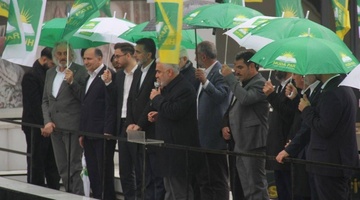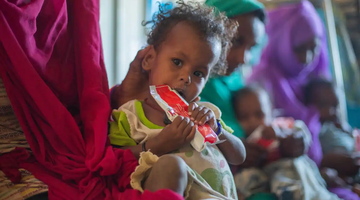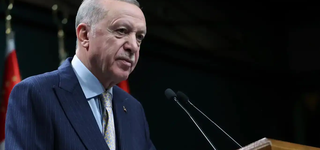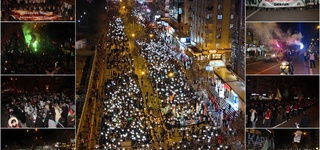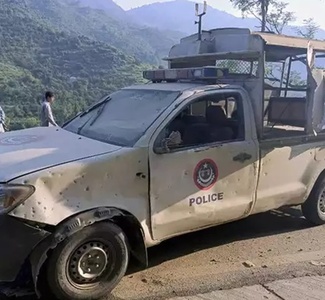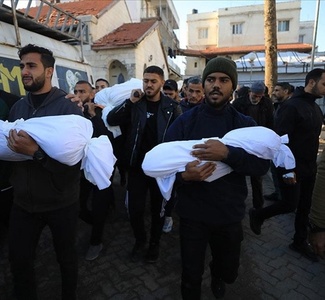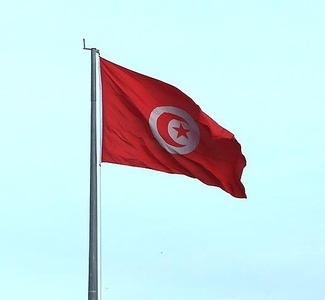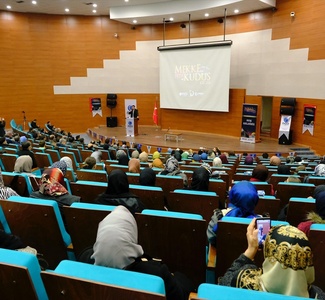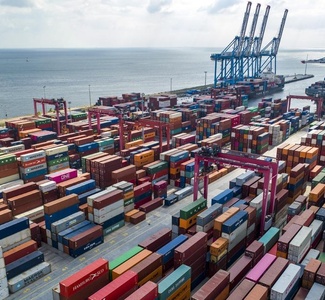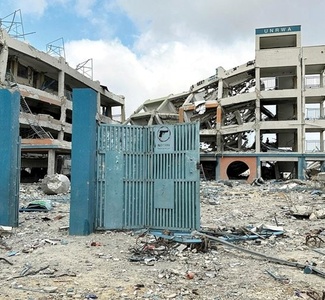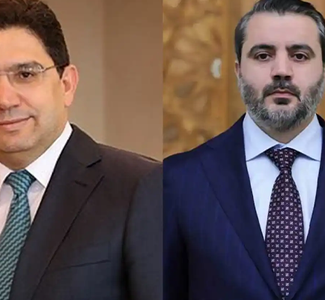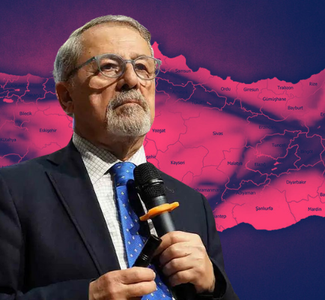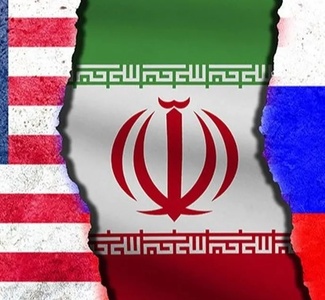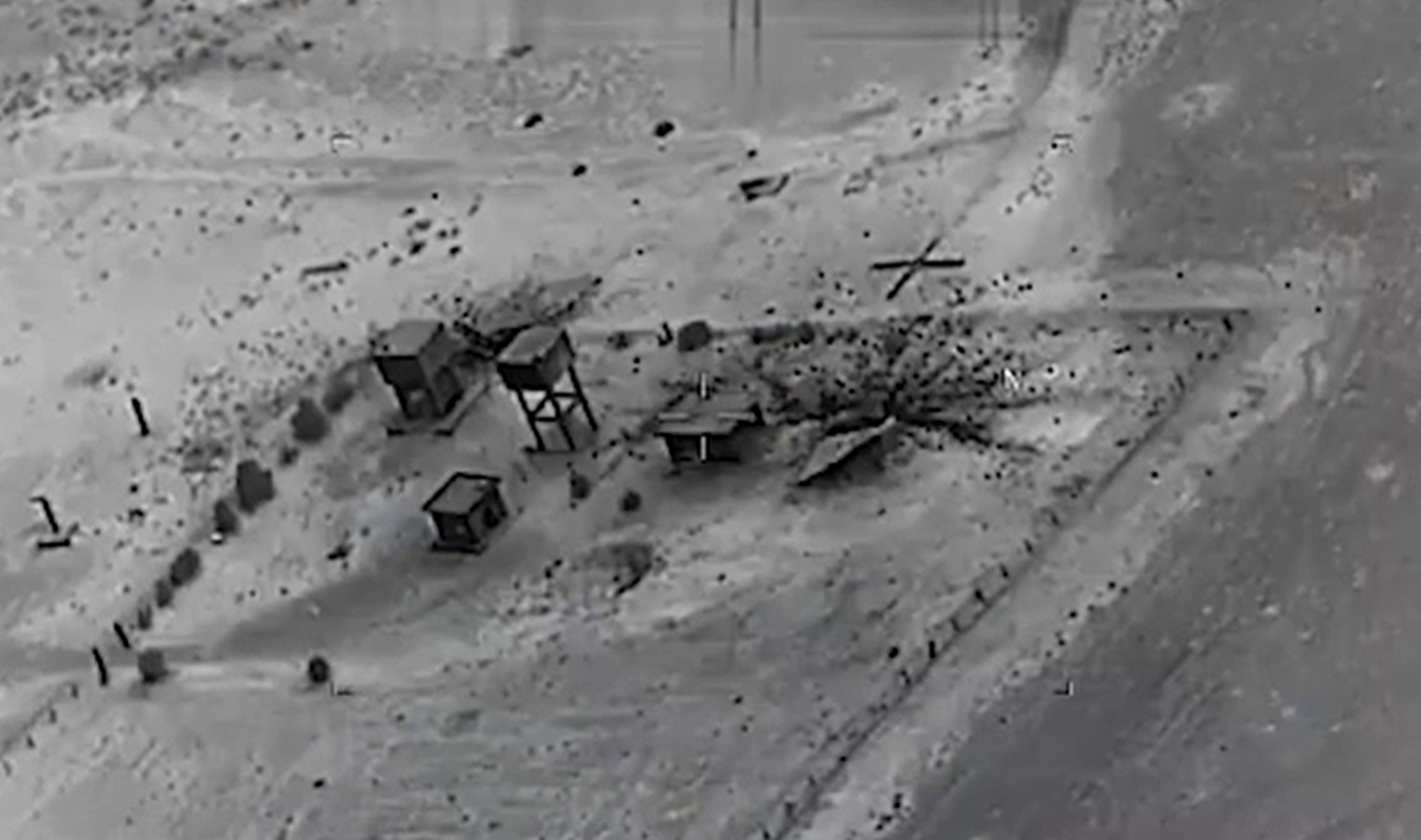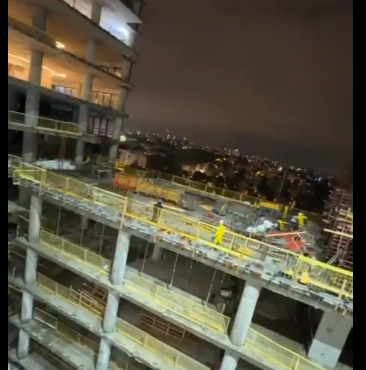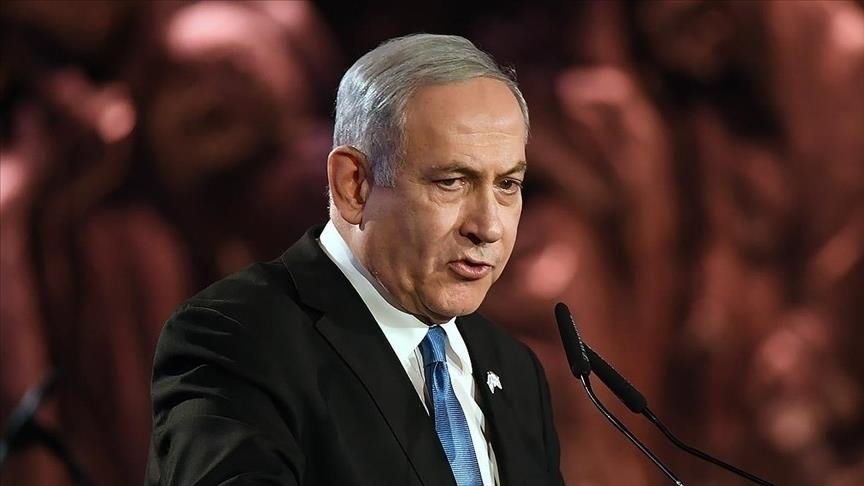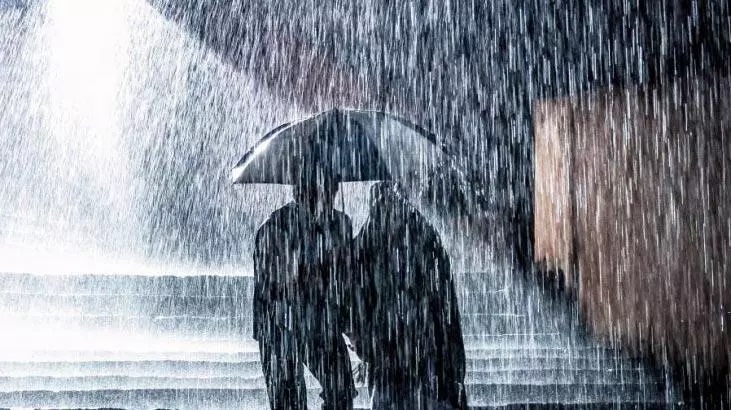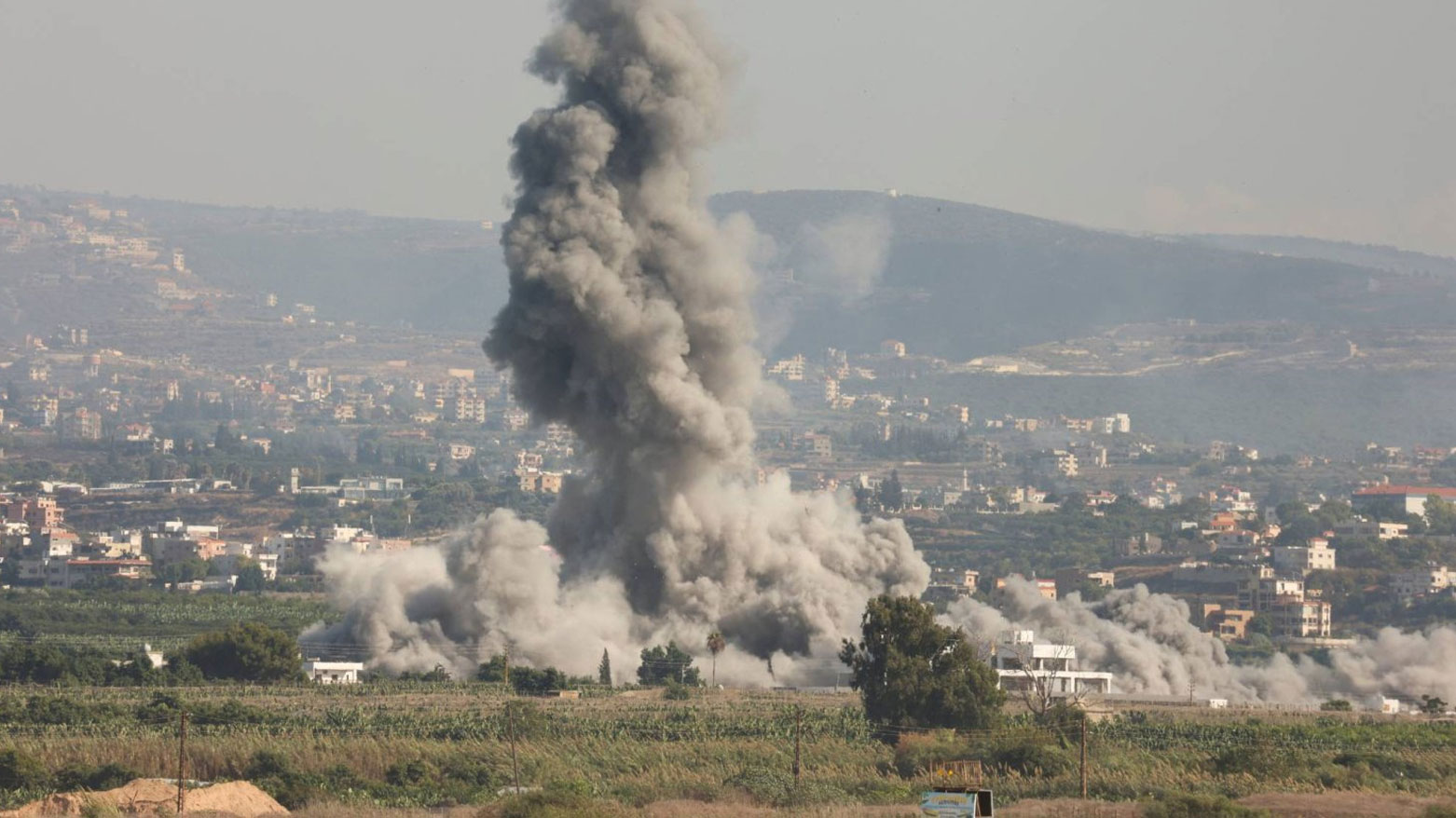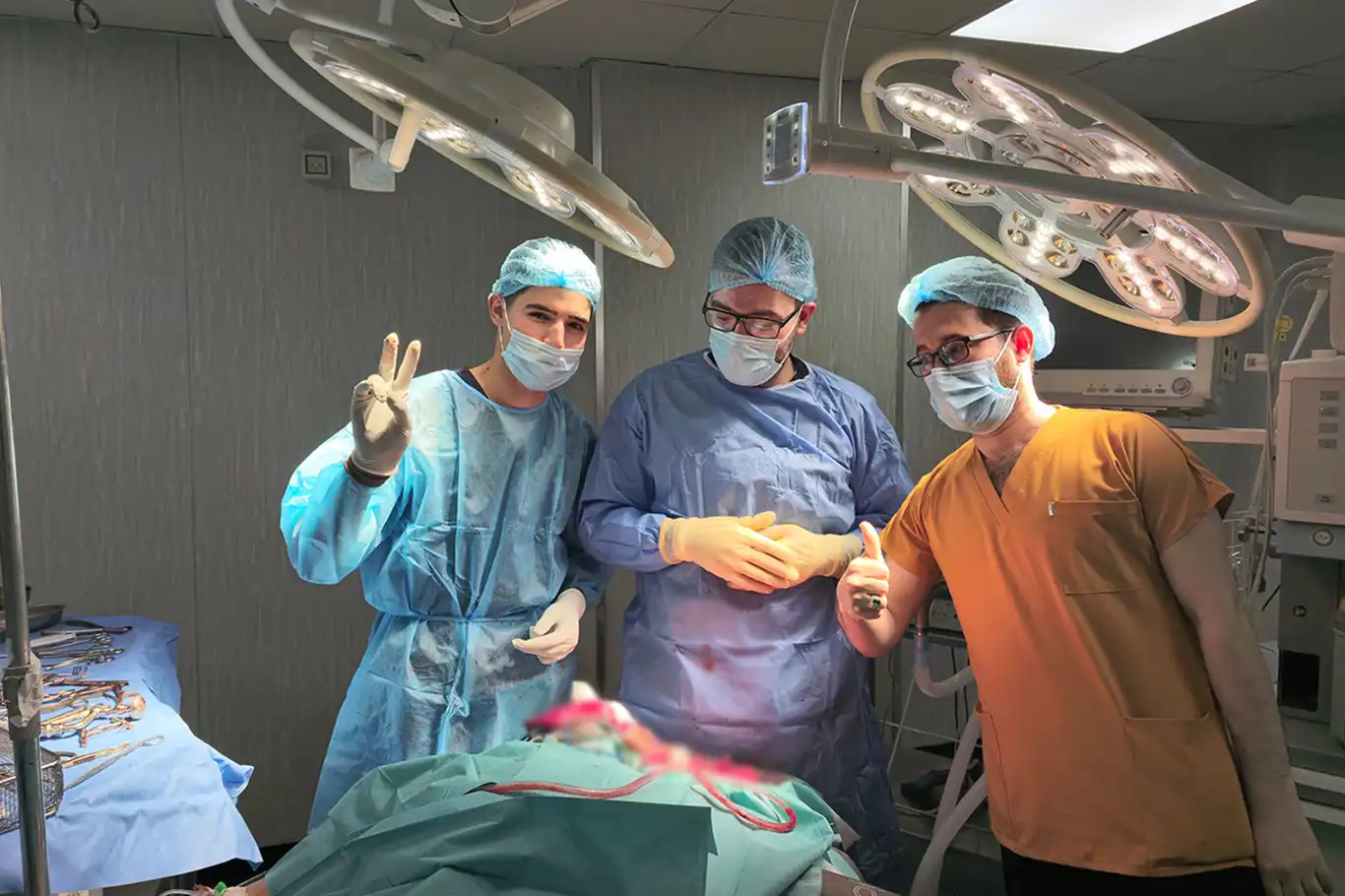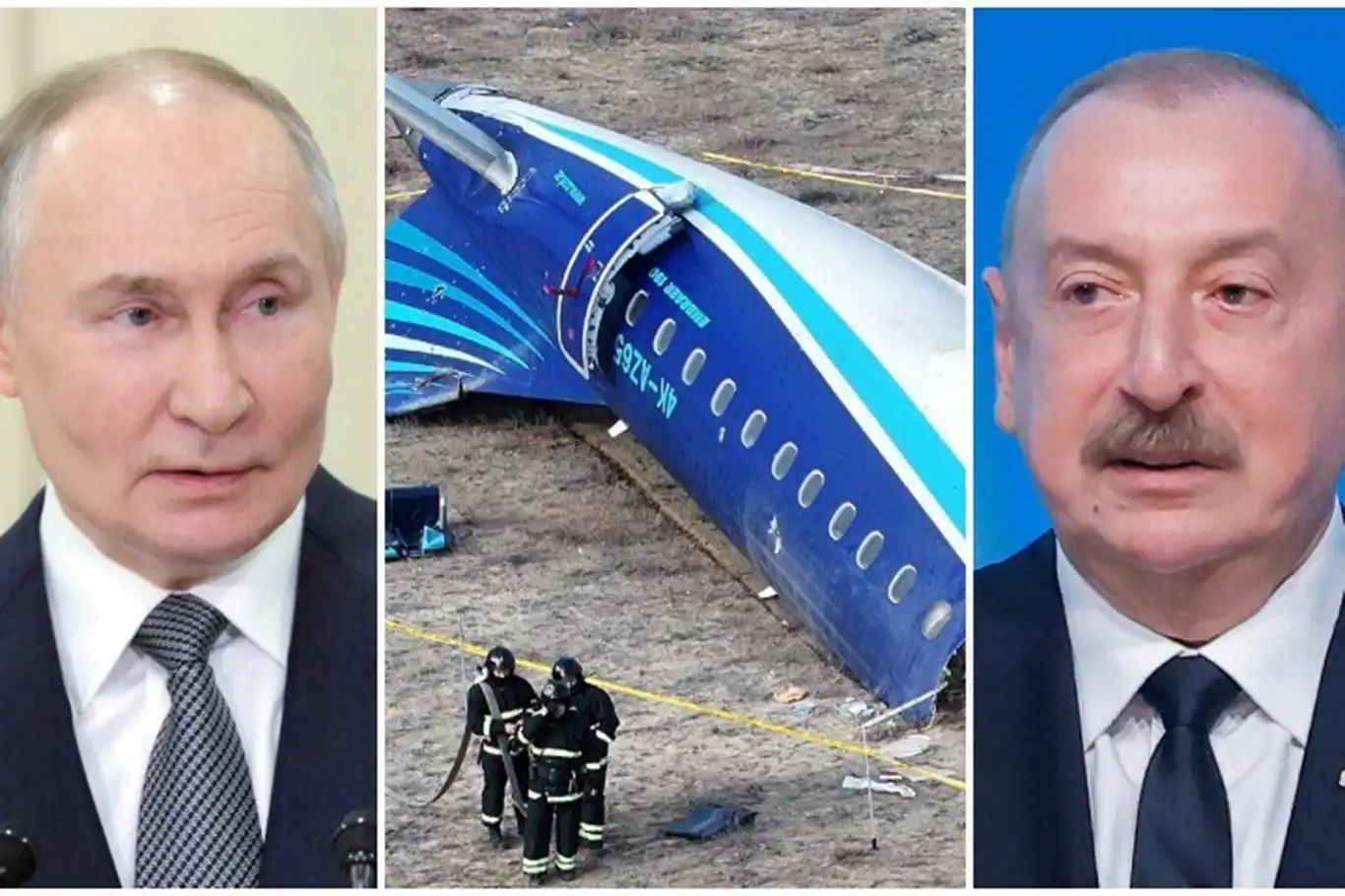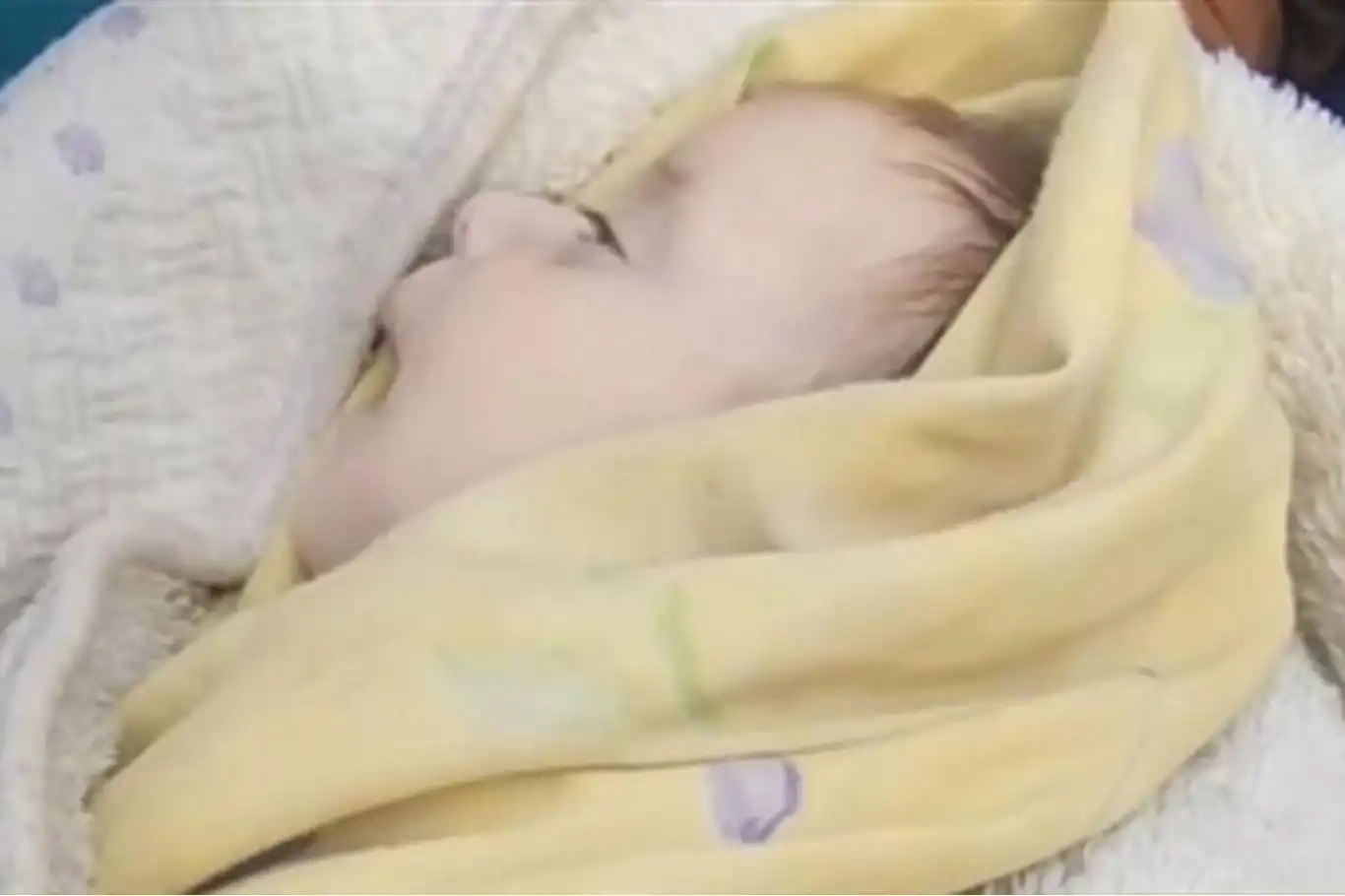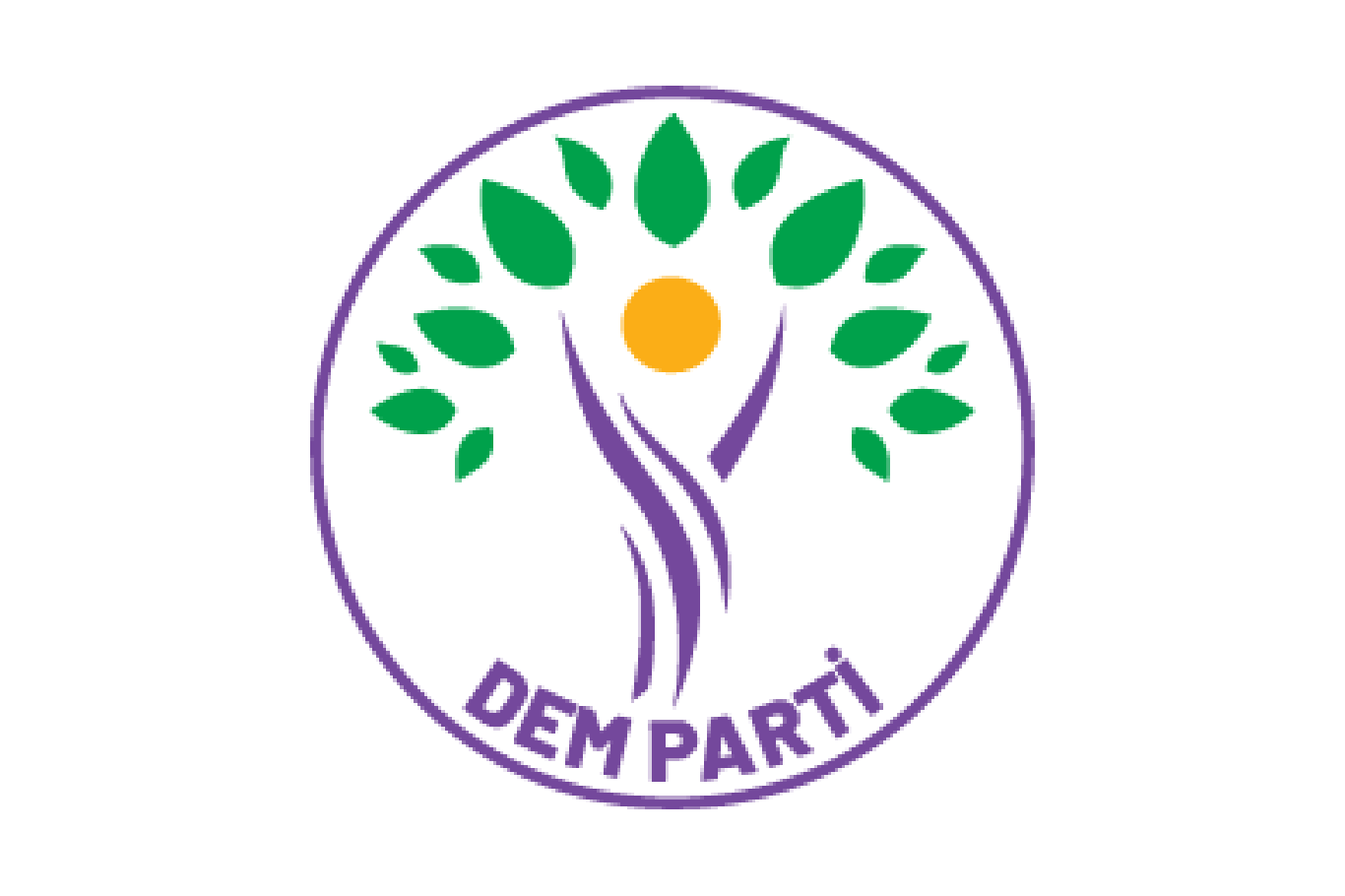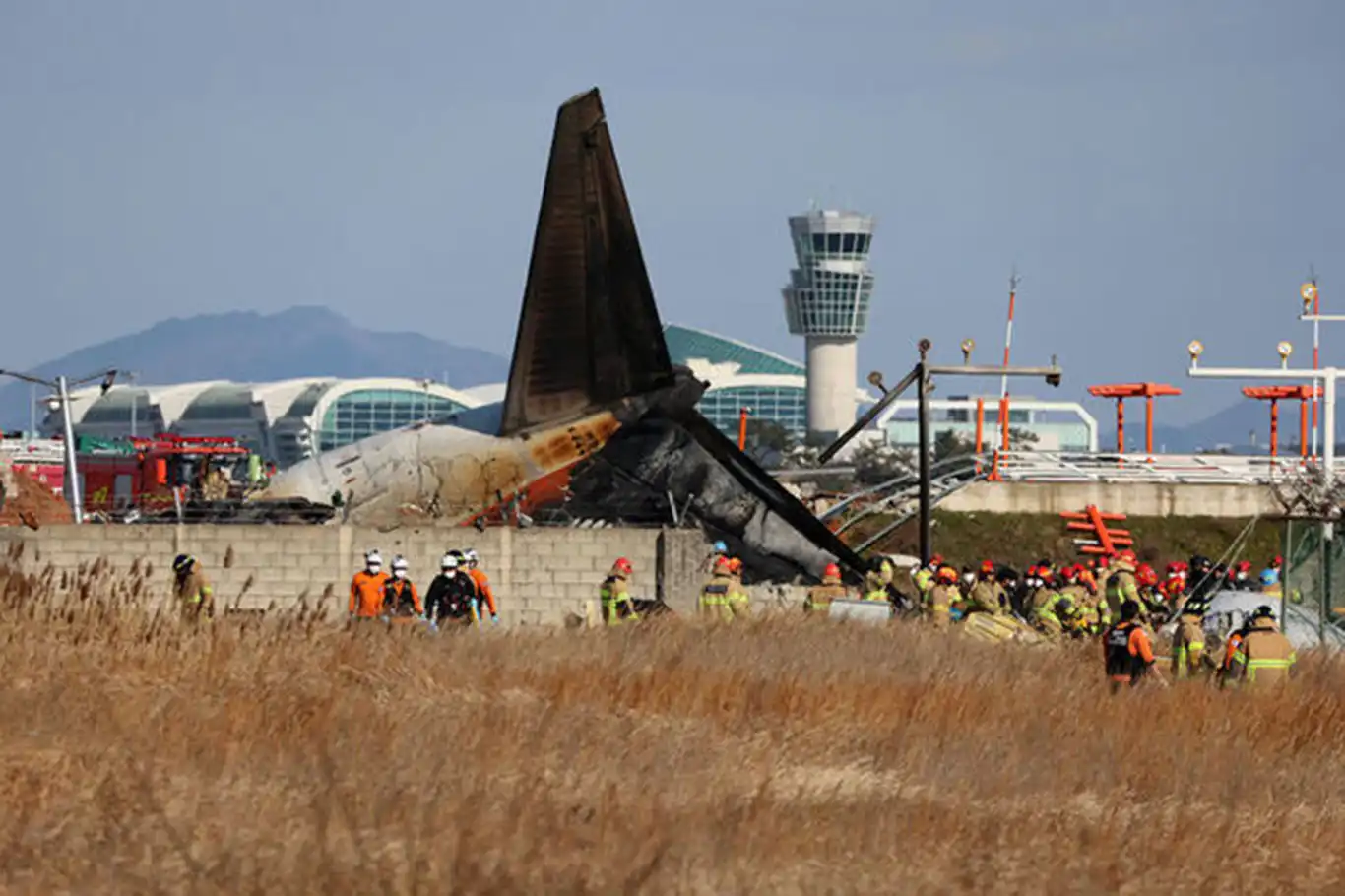Never forget: 36th anniversary of the chemical massacre in Halabja
As the world marks the solemn occasion of the 36th anniversary of the Halabja massacre, the tragic events of March 16, 1988, continue to cast a long shadow over humanity's collective conscience.
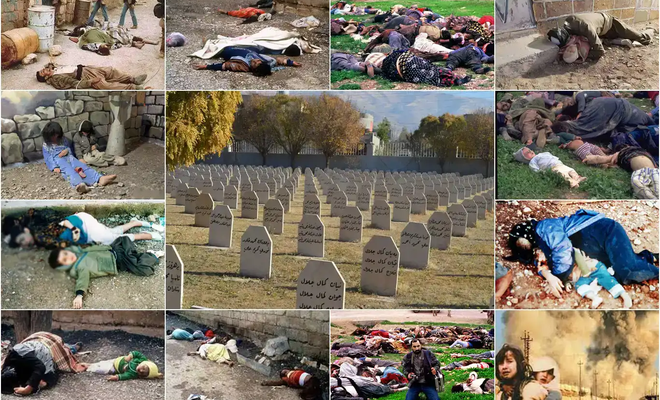
 Google News'te Doğruhaber'e abone olun.
Google News'te Doğruhaber'e abone olun. This grim milestone serves as a stark reminder of the depths of human cruelty and the devastating consequences of unchecked aggression and oppression.
The Halabja massacre stands as a dark chapter in the annals of history, etching its horrors into the memories of those who survived and the descendants who bear witness to the enduring legacy of suffering and loss. On that fateful day, thousands of innocent Muslim Kurds, men, women, and children alike, were mercilessly targeted by the brutal regime of Saddam Hussein.
The Harrowing Events Unfold
The scenes that unfolded in Halabja were nothing short of apocalyptic. Amidst the backdrop of a bustling city, families were torn apart, and lives were shattered as chemical weapons rained down upon unsuspecting civilians. The air became thick with toxic fumes, and the streets were littered with the lifeless bodies of the innocent.
Children, their voices silenced by the choking gas, fell to the ground, their cries for help lost amidst the chaos and despair. Mothers, clutching their infants to their chests, succumbed to the same fate, their desperate attempts to shield their loved ones from harm ultimately in vain.
A Symbol of Resilience and Resistance
Yet, amidst the horror and devastation, the people of Halabja demonstrated remarkable resilience and courage. Despite the overwhelming odds stacked against them, they refused to surrender to despair, clinging to hope in the face of unimaginable adversity.
Halabja became a symbol of defiance, a testament to the indomitable spirit of the Kurdish people and their unwavering commitment to justice and freedom. Even in the darkest of times, they remained steadfast in their determination to resist oppression and tyranny.
The Echoes of Silence: International Complicity
Tragically, the Halabja massacre did not occur in isolation. It was a product of a broader pattern of violence and injustice perpetuated by Saddam Hussein's regime, enabled and emboldened by complicit silence from the international community.
Despite mounting evidence of Saddam's atrocities, Western powers chose to turn a blind eye, prioritizing political expediency over moral imperative. Their indifference and inaction spoke volumes, underscoring the urgent need for a more robust and principled approach to human rights protection and accountability.
Unanswered Questions and Lingering Tensions
The motivations behind the Halabja attack remain complex. While crushing Kurdish resistance was a primary objective, some believe the West's role deserves scrutiny. By supporting Saddam against Iran, did they become complicit in the massacre? Allegations of European countries supplying the chemical weapons add another layer of complexity. These unanswered questions continue to fuel tensions, hindering reconciliation and closure for the Kurds.
Towards Healing and Remembrance
As we pause to commemorate the 36th anniversary of the Halabja massacre, we must reaffirm our commitment to justice, accountability, and remembrance. We owe it to the victims and their families to honor their memory by ensuring that their voices are heard, their stories are told, and their suffering is never forgotten.
In the pursuit of justice, we must hold accountable those responsible for the atrocities committed in Halabja and other similar tragedies. Only through truth, reconciliation, and a commitment to human dignity can we hope to prevent such horrors from ever occurring again.
Looking Ahead: A Call to Action
As we reflect on the painful legacy of the Halabja massacre, let us recommit ourselves to building a world where peace, justice, and human rights prevail. Let us stand in solidarity with the survivors and their descendants, offering our unwavering support and solidarity in their quest for truth, healing, and reconciliation.
May the memory of the victims of the Halabja massacre serve as a beacon of hope, guiding us towards a future free from violence, oppression, and injustice. And may we never forget the lessons of history, lest we risk repeating its most tragic mistakes. (ILKHA)



























